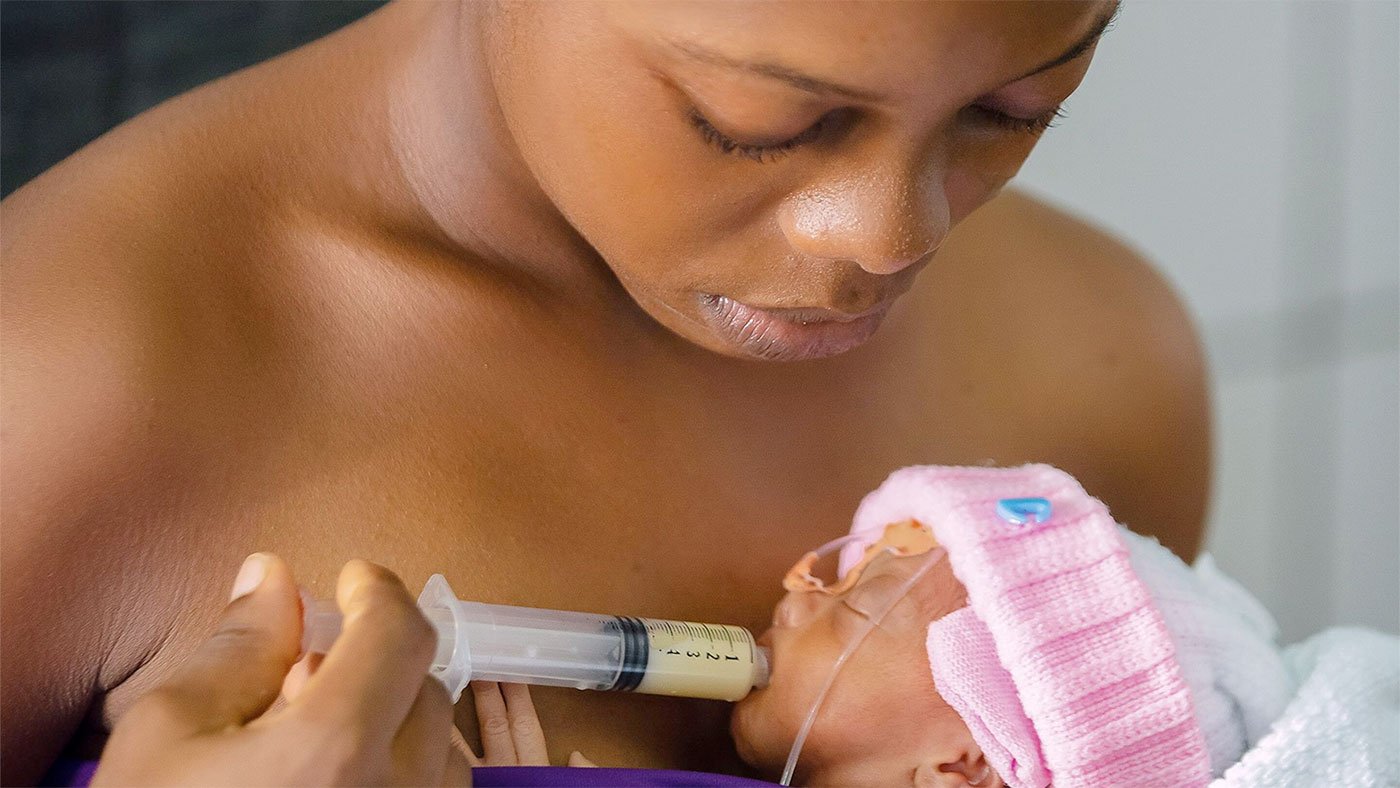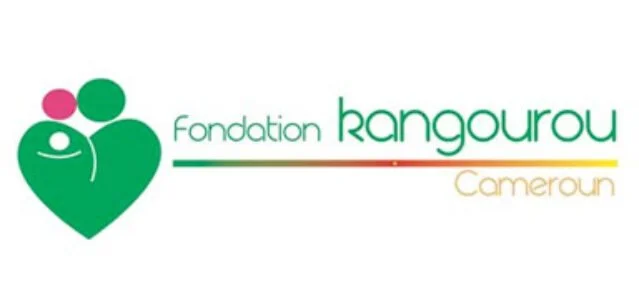
Improving neonatal survival in Cameroon
Designing and delivering an impact bond to improve neonatal outcomes at scale.
In 2015, Social Finance was asked to review Grand Challenges Canada’s (GCC) grant portfolio to identify programmes with an evidence base and potential to scale in partnership with the MaRS Center for Social Entrepreneurship in Canada.
We identified kangaroo mother care – a low resource skin-to-skin alternative to conventional incubator care for early and small babies – as a high potential intervention with a robust evidence base in Colombia and other middle-income countries. We worked with GCC to develop a pilot to take the approach to Cameroon and Mali, before progressing to detailed impact bond design and contracting.
With the pilot complete, in December 2018, we brought together a ground-breaking cross-sector partnership involving the Cameroon Ministry of Public Health; Global Financing Facility for Women, Children and Adolescents (GFF); World Bank (WB); Grand Challenges Canada; Nutrition International and the Fondation Kangourou Cameroun to launch the Cameroon kangaroo mother care development impact bond (DIB).
Outcomes-focused programme delivery started in February 2019 with a view to introducing and supporting quality KMC practices in 10 hospitals across the country. DIB design, contracting, performance management and post-DIB sustainability planning were provided by Social Finance.
Why did we do this?
Low birthweight and pre-term births are the leading cause of death among children under the age of five worldwide, contributing to 60–80% of the 2.8 million newborn deaths each year.
Cameroon has a high neonatal mortality rate of 26.1 deaths per 1,000 live births, compared to the OECD average of 4.18. Every year, 20,000 newborn babies die in Cameroon, many of whom are born too early or too small.
The DIB supported KMC delivery in 10 hospitals across Cameroon. DIB funding was used to deliver any required infrastructure upgrades, and KMC-specific training for clinicians. Outcomes payments were made based on three contractual programme objectives:
The number of hospitals appropriately equipped and trained to deliver quality KMC.
The number of babies receiving quality KMC at programme hospitals.
The number of KMC babies with appropriate nutrition and weight gain at 40 weeks gestational age.
The programme also aimed to embed KMC expertise within the public health system through the certification of three additional hospitals as KMC Centres of Excellence and the creation of a pool of qualified KMC trainers among public sector clinicians in Cameroon.
Impact and insights
We designed and launched a social impact bond that aimed to improve the economic outlook for young adults through skills training and support into employment. Core SIB outcomes comprise key milestones for its participants, such as secondary school completion, entry into a first job, and sustained employment for four and 12 months.
To achieve these targets, SIB service providers provide a mix of soft and technical skills training and mentoring to help youth find and sustain a job, and worked with employers to understand their needs and facilitate the integration of the young participants into their companies.
The Buenos Aires SIB was implemented during a period of significant macroeconomic upheaval in Argentina and suffered the full impact of the Covid-19 pandemic until it closed. Despite the adverse conditions, outcomes payments were paid in full to the social investors, which provided the upfront capital that financed the SIB. The strong partnership between them and the service providers, their joint commitment to the participating youths and the operational flexibility afforded by the SIB instrument ensured that all social outcome targets were surpassed.
The DIB effect
Regular evaluation enables rapid feedback loops
Outcomes were independently verified every three months in the KMC DIB. Although the frequency of these verifications felt challenging at first, they quickly became a rich source of data for refining and improving programme delivery.
Engaged cross-sector governance supports adaptation
Quarterly steering committee meetings – involving outcome funders, investors, the lead service provider and performance management advisor – enabled contractual elements to be adapted quickly when unforeseen circumstances occurred.
A focus on outcomes creates clear priorities
It is an old truism that you get what you pay for and that played out in the Cameroon KMC DIB. The DIB hit maximum outcomes payments for the three contractual payment metrics, but made slower progress towards the non-remunerated system-change objective of creating three new KMC Centres of Excellence.
The reports below go into further detail about the key learnings from the DIB.
Partners
Funders
Project team









